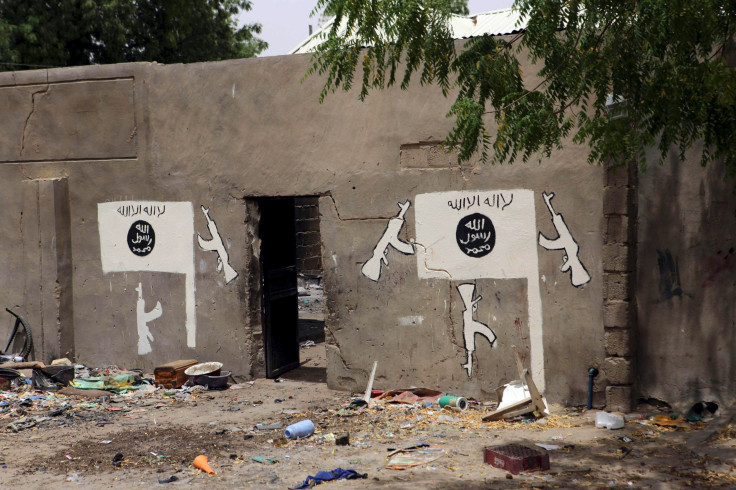Who Is Abu Musab Al-Barnawi? ISIS Announces New Boko Haram Leader, Replaces Abubakar Shekau

UPDATE: 4:15 a.m. EDT — Abubakar Shekau, the former leader of Boko Haram, said he is still in charge of the Nigerian militant group, BBC reported Thursday. His comments came in an audio message after the Islamic State group announced that it appointed Abu Musab al-Barnawi as the new Boko Haram leader. In the audio message, Shekau accused al-Barnawi of attempting to arrange a coup against him.
Original story:
Boko Haram’s former spokesman Abu Musab al-Barnawi has been named as the Nigerian militant organization’s new leader, the Islamic State group, also known as ISIS, announced Wednesday. Al-Barnawi replaced the Nigerian terror outfit’s long-time leader Abubakar Shekau after much speculation.
ISIS announced the new appointment in al-Naba, its Arabic weekly newspaper, in which al-Barnawi was identified as “Wali” or governor of its so-called West African Province, according to SITE Intelligence Group’s translation of the report. In an interview with the newspaper, he threatened to kill Christians and bomb churches.
Al-Barnawi accused the West of spreading Christianity to the African region and also said that charities are helping them to do that.
“They strongly seek to Christianize the society. ... They exploit the condition of those who are displaced under the raging war, providing them with food and shelter and then Christianizing their children,” al-Barnawi reportedly said.
The new leader warned that the Boko Haram members would retaliate the West by “booby-trapping and blowing up every church that we are able to reach, and killing all of those [Christians] who we find from the citizens of the cross.”
Furthermore, al-Barnawi said that Boko Haram “remained a force to be reckoned with” and that it had been bringing in new recruits. He called the group’s attack on West African states as a war fought by Muslims against “apostates” and “crusaders.”
The ISIS newspaper did not say about Boko Haram’s former leader Shekau, who was last heard in an audio recording in August last year. At the time, he criticized rivals from spreading rumors of his death stemmed from Nigerian army’s claims that he had been killed. Shekau has consistently mocked Nigerian authorities and other countries, with increasing attacks since more than 200 Nigerian schoolgirls were kidnapped in April 2014.
Boko Haram is fighting to oust the Nigerian government. However, it had lost majority of its territory it controlled 18 months ago to the country’s army. The group’s seven-year insurgency resulted in deaths of at least 20,000 people, mostly in the country’s north-east.
© Copyright IBTimes 2024. All rights reserved.






















